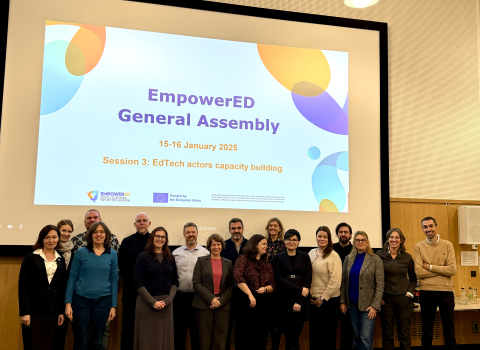The entrance of more nations into global science has changed the research landscape. As one measure of the impact of this: from 1996 to 2008, the share of papers published by US researchers dropped 20 per cent. This shift is not due so much to a fall in US research efforts, as to the exponentially increasing volume of research conducted in developing countries, such as China and India.
"What is emerging is a global science system in which the U.S. will be one player among many," Caroline Wagner, associate professor of international affairs at Penn State University, told the annual meeting of the American Association for the Advancement of Science in Washington, DC on Friday (February 18).
China has already surpassed the US in the output of research papers in the fields of natural science and engineering, and based on current trends, China will publish more papers in all fields by 2015. And although China still lags in quality, Wagner said that gap is closing, too.
As the number of students in Chinese universities grows, there will also be more researchers in China than there are in the U.S., she noted.
However the usual recommendations on how to spur US research, such as increasing R&D budgets, may not restore American preeminence in science and technology. "Some consider America's loss in the 'numbers game' in research to be a scary scenario, but the answer may not be in spending more money," said Wagner. "The system may be operating at full capacity, and the law of diminishing returns exists in science, just as it does in other sectors."
Instead of this low return-on-investment strategy, Wagner says the US needs to develop a more efficient knowledge-sharing strategy, tapping experts from other countries who have developed more knowledge and better skills than US researchers in certain fields. Other nations would, in turn, have access to US scientists to conduct research in fields where they are most proficient.
Wagner called this global research community the new "Invisible College," a term coined in the 17th century to describe the connections among researchers from diverse disciplines and places who created the world's first scientific society.
It’s no good relying on the Internet to spontaneously create this global research community, said Wagner. Despite the presence of global communication systems, such as the Internet and mobile phone technology, research networks are difficult to navigate, especially for scientists in developing countries.
"The Internet helps speed up the rate of communication, but doesn't necessarily improve access for developing countries," Wagner said. "Since face-to-face contact is still the preferred way to connect with fellow researchers, participants can still be blocked by the cost of travel and access to research papers, for example."




 A unique international forum for public research organisations and companies to connect their external engagement with strategic interests around their R&D system.
A unique international forum for public research organisations and companies to connect their external engagement with strategic interests around their R&D system.